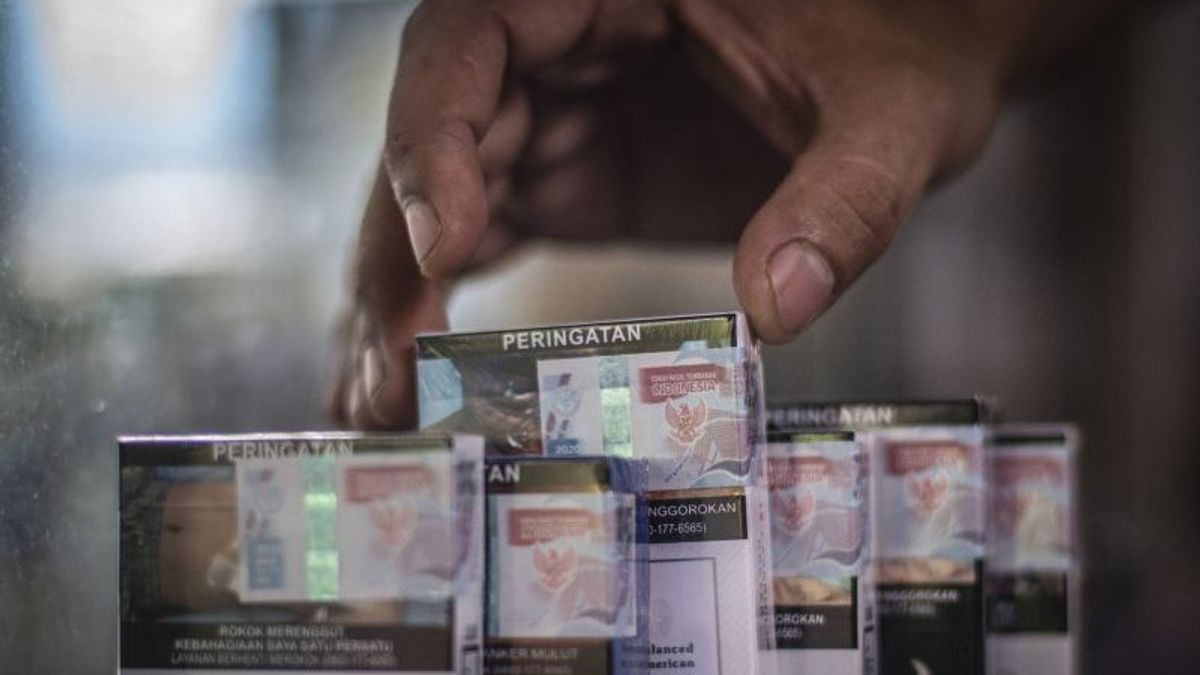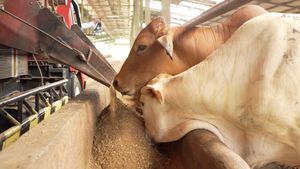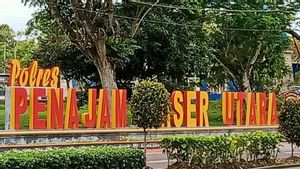The government through the Ministry of Finance (Kemenkeu) has decided to increase the excise tariff on tobacco products (CHT) along with the electricity cigarette excise starting in 2023.
The decision is claimed to be a strategic way to limit the consumption of goods that have a negative impact on public health.
In its development, the Directorate General of Customs and Excise of the Ministry of Finance will spread funds received from CHT revenues to tobacco-producing provinces in the form of profit-sharing funds (DBH).
Head of the Sub-Directorate for Public Relations and Customs Counseling, Hatta Wardhana, said that based on Minister of Finance Regulation (PMK) number 215/PMK.07/2021 concerning Use, Monitoring, and Evaluation of Tobacco Product Excise Sharing Funds, it was stated that the CHT DBH allocation was divided into three main aspects.
"Each with a percentage of 50 percent for the welfare sector, 10 percent for the field of law enforcement and 40 percent for the health sector," he said as reported by the official website on Wednesday, November 9.
According to Hatta, the welfare sector includes three things. First, programs to improve the quality of raw materials, such as training on improving tobacco quality, handling harvests and post-harvest, implementing technical innovations, and supporting the facilities and infrastructure of tobacco farming businesses.
Second, industrial development programs, such as data collection and supervision on cigarette luring machines, maintenance of raw materials and tobacco products testing facilities, facilities and infrastructure for processing industrial waste, as well as fostering and increasing human resources in the small and medium tobacco products industry.
"And the third is a social environment development program, such as providing assistance and improving work skills for tobacco farming workers and/or cigarette factories, cigarette factory workers who are affected by layoffs, as well as other community members determined by the local government," he said.
Furthermore, in the field of law enforcement, it includes two things, namely, industrial development programs including development, management, and development of certain industrial areas of tobacco products.
Then, the socialization of provisions in the excise sector includes the delivery of information on the provisions of laws and regulations in the field of excise to the public and/or stakeholders, as well as monitoring and evaluation of the implementation of the provisions of laws and regulations in the field of excise.
Meanwhile, in the health sector, priority is prioritized to support national health insurance programs, especially increasing the quantity and quality of health services and economic recovery in the regions.
Sri Mulyani's subordinates gave an example of using the CHT DBH in Malang Regency to be allocated to strategic sectors, namely the construction of the Heart Hospital (RS) in the Kanjuruhan Malang Regional General Hospital (RSUD) area. "The utilization of the CHT DBH in the field of community welfare and health has a large portion, it is hoped that this fund allocation can be utilized in an orderly, open and accountable manner. We also appreciate the local government that has collaborated (with Customs and Excise) in implementing the implementation of the CHT DBH," concluded Hatta.
The English, Chinese, Japanese, Arabic, and French versions are automatically generated by the AI. So there may still be inaccuracies in translating, please always see Indonesian as our main language. (system supported by DigitalSiber.id)













